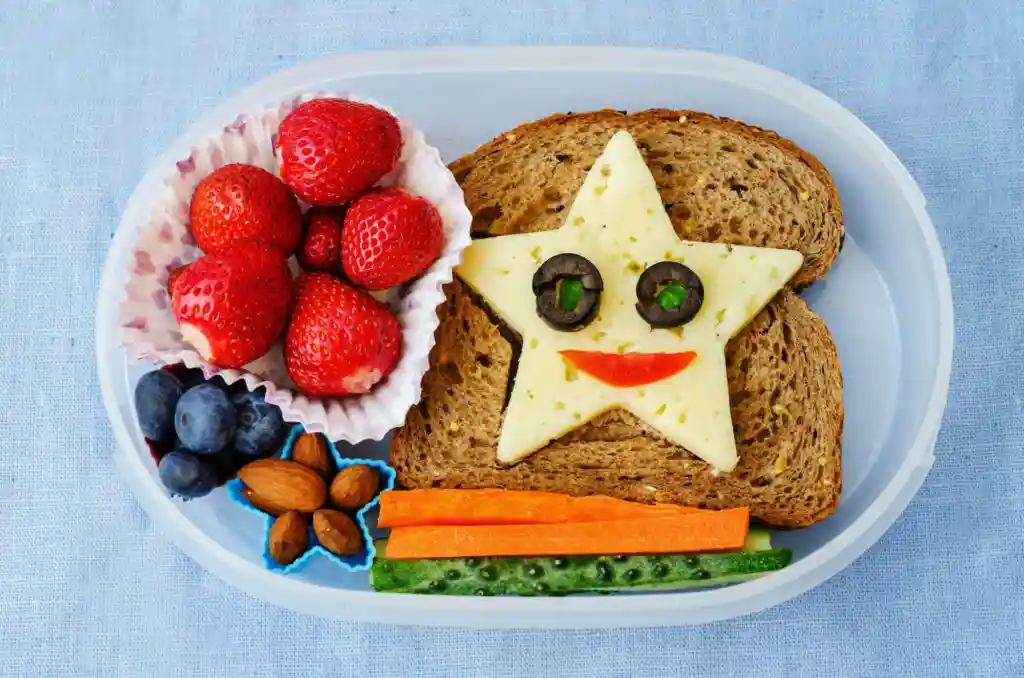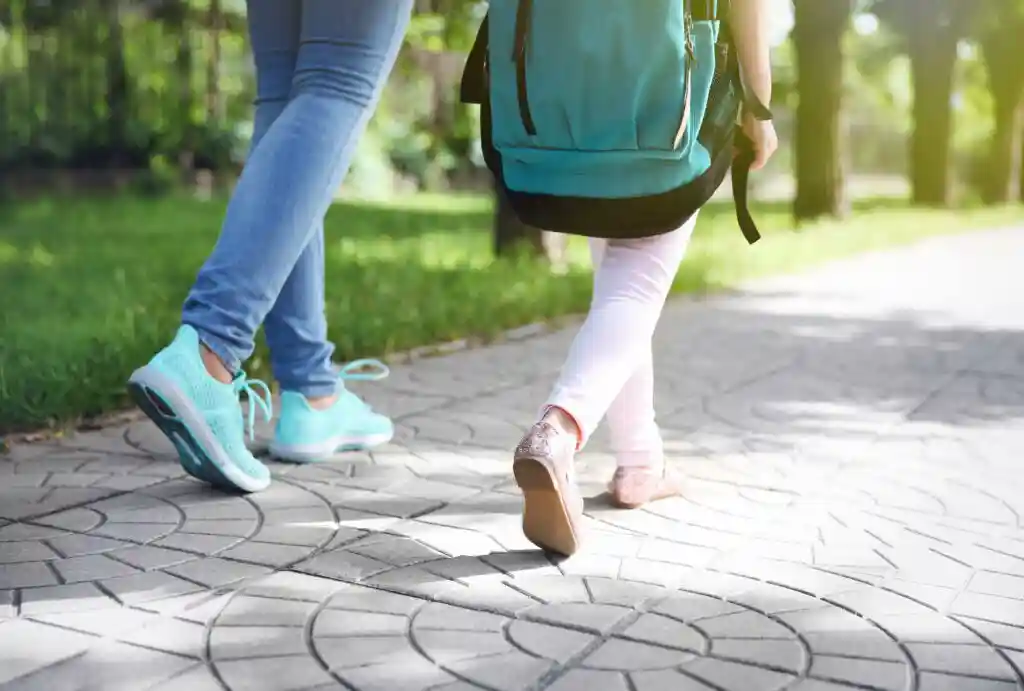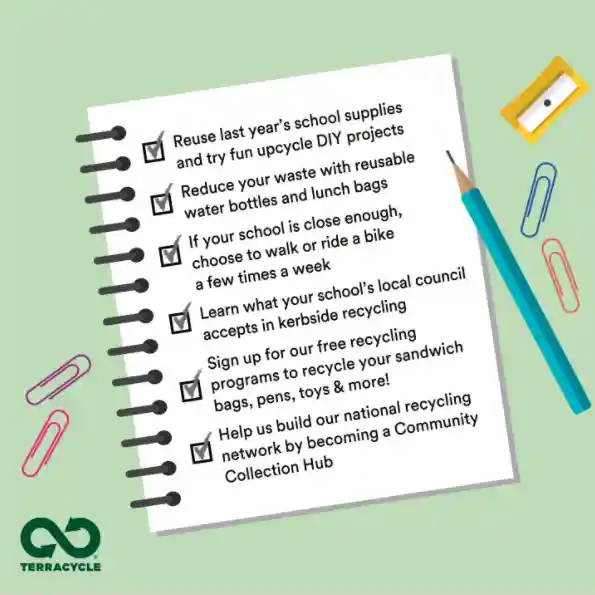The start of the school year is finally here! Teachers and parents alike are busy planning and getting organised for 2022, but have you considered how you can be more sustainable this school year?
There are lots of small changes parents, students and teachers can all make to do their bit for the environment.
So, how can you get involved? Here are our tips and ideas to help you be more sustainable and eco-friendly this school year:
Tips for Parents
School lunches
School lunches present a big opportunity to be more sustainable in lots of different ways:
- Pack your child’s lunch in a reusable container. Lunch boxes with lots of compartments, like bento boxes, are a great way to separate food and snacks.
- Wrap sandwiches or wraps in reusable beeswax wraps rather than in sandwich bags or plastic cling wrap.
- Not a fan of beeswax wraps? Use aluminum foil instead – it can be recycled! Just make sure it’s scrunched into a ball bigger than the size of a golf ball and place it in your recycling bin.
- A reusable water bottle is a must to cut down on single use plastics. Metal drinking bottles are great at keeping drinks cool for hours.
- Rather than buying pre-packed plastic wrapped kids snacks, make your own at home. Think mini muffins, biscuits, hummus and carrot sticks or freshly cut fruit salad.
- Reduce food waste by providing variety in your child’s lunches to make them more interesting and plan ahead to save time and money.
- Why not try growing your own fruit and veggies? Growing your own food is a great way to cut down on plastic packaging and reduce your carbon footprint, and even better – you can get the kids involved! Download our free gardening resources here.

Reuse, re-love and get active!
- Reuse last year’s school supplies! Do you need to buy another packet of connector pens or are last year’s still fine to use? The same goes for exercise books and scrap books – if there are plenty of pages left, why not use last year’s before buying more?
- If you’ve got school uniforms that are in good condition but no longer fit your child, consider selling them or donating them to charity rather than leaving them in the back of the cupboard.
- Think about how your child gets to school each day – is there a way this can be more sustainable? If you’re driving to school each day, can you walk or ride a bike a couple of days a week? If this isn’t possible, could you get public transport? Or are there other parents in your area that your child could car pool to school with?

Tips for Educators
- Encourage students to put the right items in the right bins by clearly labelling recycling and general rubbish. Infographics are a great way to show what belongs in which bin.
- Get familiar with your school area’s rubbish collection schedule and what your school’s local council will accept in kerbside rubbish collection.
- How do you get to school each day? Perhaps if you’re driving each day you can swap out a day or two for walking, riding a bike or car pooling with another staff member from your school.
- Lead by example – use a reusable water bottle at school to cut down on single use plastics, and take your lunch to work in a reusable container.
- And last but not least, sign up to the Australian Organic Schools program to download the ready to use class plans and teach your students about where food comes from and what organic means.
Terra Cycle Australia has plenty of information for parents and teachers about how to be more sustainable and eco-friendly this school year on their website here.

We’d love to hear how you’re being more sustainable this school year – tag us on social media!
Image credits: Shutterstock and Terra Cycle Australia
